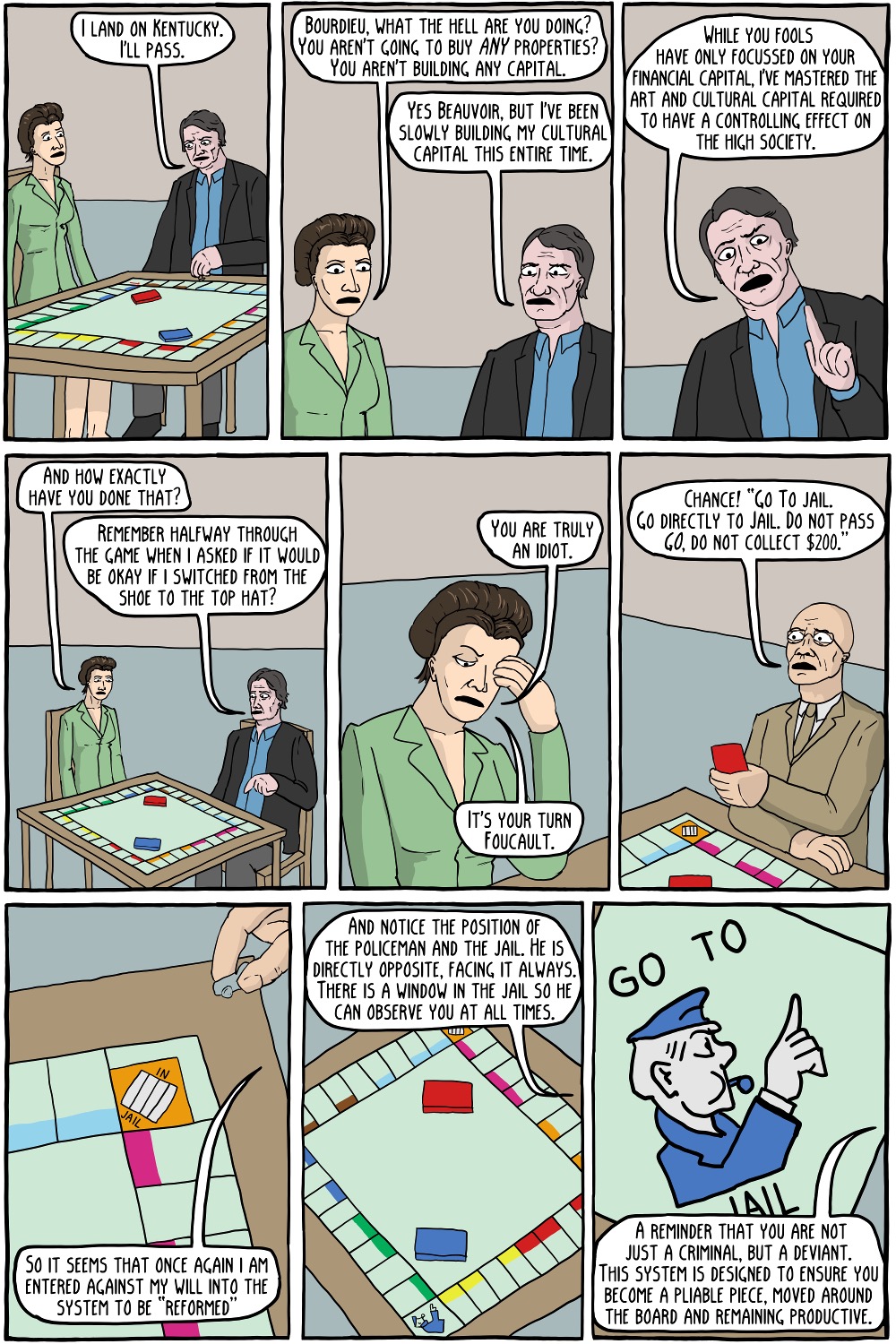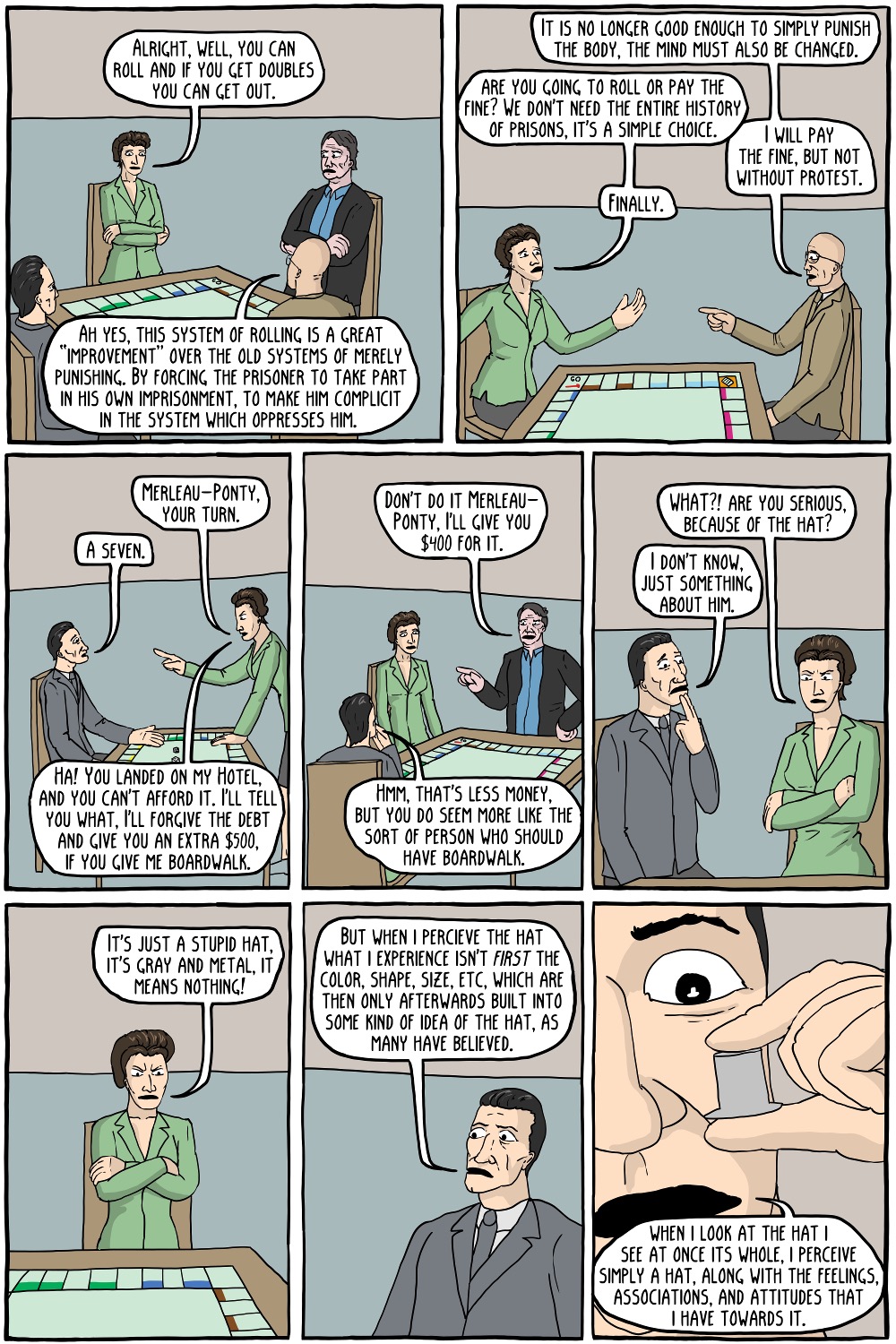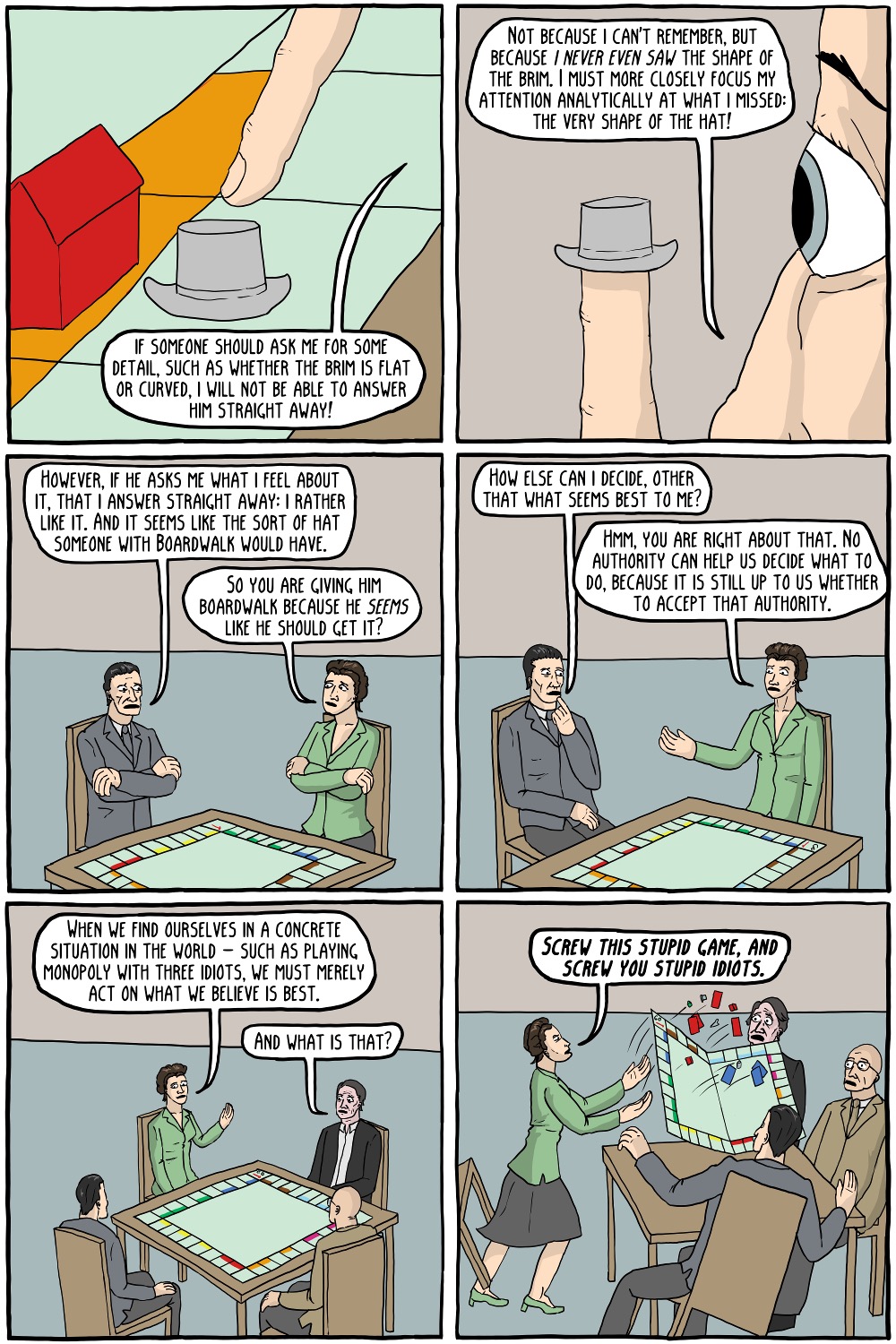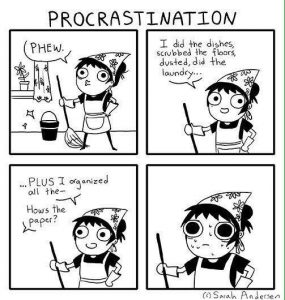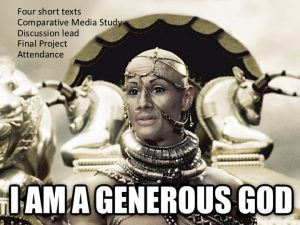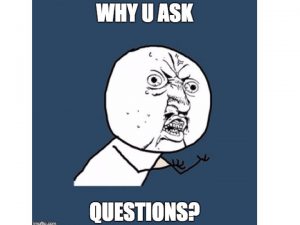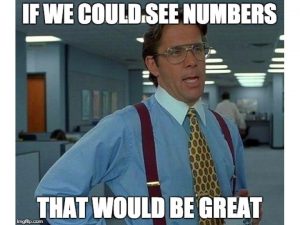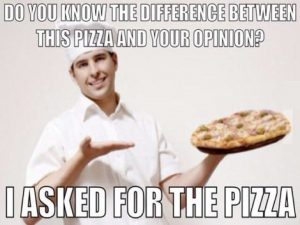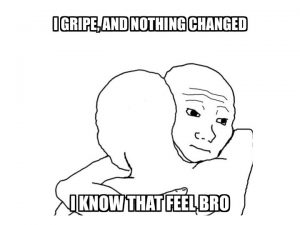I am a big fan of the online journal First Monday so its always a thrill when I have an article published with them. This time it’s even more fun since it’s a special issue A decade of Web 2.0 — Reflections, critical perspectives, and beyond
In 2008, First Monday published a special issue entitled “Critical perspectives on Web 2.0” — bringing together a diverse group of scholars to “expose, explore and explain the ideological meanings and the social, political, and ethical implications of Web 2.0” This special issue examines many concerns that have evolved over time with the greater use and abuse of the Web and its incredible integration into global society.
The list of articles is really cool
- Preface: A decade of Web 2.0 – Reflections, critical perspectives, and beyond by Michael Zimmer and Anna Lauren Hoffmann
- Web 2.0 user knowledge and the limits of individual and collective power by Nicholas Proferes
- Many (to platform) to many: Web 2.0 application infrastructures by Jack Jamieson
- Constructing and enforcing “authentic” identity online: Facebook, real names, and non-normative identities by Oliver L. Haimson and Anna Lauren Hoffmann
- Rethinking social change: The promises of Web 2.0 for the marginalized by David Nemer
- The domestication of online activism by Mathias Klang & Nora Madison
- The rise of speculative devices: Hooking up with the bots of Ashley Madison by Ben Light
- Read only: The persistence of lurking in Web 2.0 by Scott Kushner
- DIY videos on YouTube: Identity and possibility in the age of algorithms by Christine T. Wolf
- Share wars: Sharing, theft, and the everyday production of Web 2.0 on DeviantArt by Dan Perkel
- The blogosphere and its problems: Web 2.0 undermining civic Webspaces by Alexander Halavais
Our article on the Domestication of Online Activism has been a long time in the writing process so I am very happy that it’s finally out!
